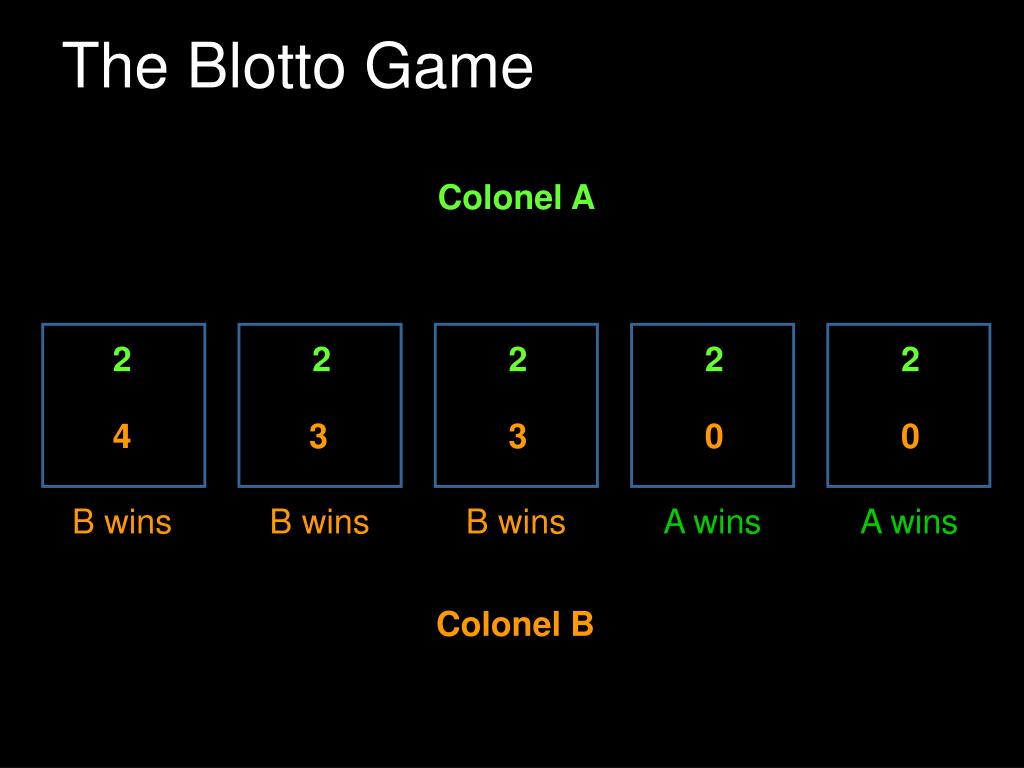DRC Cobalt Export Ban: Implications For The Global Cobalt Market

Table of Contents
The DRC's Dominance in Cobalt Production and its Vulnerability
DRC Cobalt Production Figures and Market Share
The DRC holds a dominant position in the global cobalt market, supplying an estimated 70% of the world's cobalt. This makes the country's stability and production levels incredibly important to the global economy.
- Production Numbers: The DRC's cobalt production consistently exceeds 100,000 tonnes annually, significantly outpacing other producing countries like Australia, Canada, and Zambia.
- Market Share Concentration: A large portion of this cobalt originates from Katanga Province in the southeast of the DRC, highlighting the geographical concentration of production and the potential vulnerability to localized disruptions. This concentration underscores the inherent risk associated with relying so heavily on a single source.
Geopolitical Risks and Instability
The DRC's political and social landscape is complex and volatile. This instability presents significant risks to cobalt mining operations and the potential for export restrictions.
- Past Impacts: Past instances of political unrest, armed conflict, and corruption have repeatedly disrupted mining activities, leading to production shortfalls and price spikes in the past.
- Human Rights and Environmental Concerns: Ethical concerns surrounding cobalt mining in the DRC, including child labor and environmental degradation, further complicate the situation and might trigger international pressure leading to export limitations or bans. These concerns add another layer of complexity to the already volatile situation.
Impact on the Global Cobalt Supply Chain
Supply Chain Disruptions and Price Volatility
A cobalt export ban from the DRC would have a devastating impact on the global cobalt supply chain.
- Price Increases: A sudden reduction in supply would inevitably lead to a sharp increase in cobalt prices, potentially making EV batteries significantly more expensive.
- Shortages: The lack of sufficient alternative sources could lead to widespread cobalt shortages, severely impacting the production of various technologies, including electric vehicles and electronics.
- Alternative Sources: While some cobalt is produced elsewhere, these alternative sources are not sufficient to meet global demand and often come with their own sets of challenges, including higher production costs and geopolitical risks.
Impact on Electric Vehicle Manufacturing
The EV industry is particularly vulnerable to a DRC cobalt export ban.
- Production Delays: EV manufacturers heavily reliant on DRC cobalt would face production delays and potential shortages of key components for their batteries.
- Increased Vehicle Costs: Higher cobalt prices would translate to more expensive EV batteries, reducing the affordability and market competitiveness of electric vehicles.
- Battery Technology Diversification: The crisis may accelerate the research and development of alternative battery chemistries that require less or no cobalt, such as lithium iron phosphate (LFP) batteries. However, the transition will take time.
Responses and Mitigation Strategies
Government Interventions and International Cooperation
Addressing the potential cobalt crisis requires coordinated international efforts and governmental intervention.
- Responsible Sourcing Initiatives: Governments and international organizations are pushing for responsible sourcing initiatives and ethical cobalt mining practices to improve working conditions and environmental protection in the DRC.
- International Collaboration: Stronger international collaboration is essential to ensure a stable and ethically sourced supply of cobalt, including the development of transparent supply chains and stricter regulations. This requires significant political will and cooperation from all relevant stakeholders.
Technological Advancements and Alternative Battery Chemistries
Research and development into alternative battery technologies is crucial for mitigating the risks associated with cobalt dependence.
- Alternative Battery Technologies: LFP batteries and other cobalt-free or low-cobalt battery technologies offer potential alternatives, but their widespread adoption requires overcoming technological and economic hurdles.
- Adoption Challenges: While promising, the transition to these alternative technologies will require significant investments in research, development, and infrastructure, and will likely take several years to fully realize.
Conclusion
A DRC cobalt export ban would have far-reaching consequences, triggering significant price volatility and disrupting the global cobalt supply chain. The EV industry, heavily reliant on DRC cobalt, would be particularly hard-hit, facing production delays and increased costs. The DRC's crucial role as the primary cobalt supplier cannot be overstated. Addressing this challenge requires a multi-pronged approach, involving responsible sourcing initiatives, international cooperation, and accelerated research into alternative battery chemistries. The potential impact of a DRC cobalt export ban is severe; staying informed about developments in this dynamic market is crucial for navigating this critical challenge for the future of the EV revolution and beyond. Further research into alternative battery technologies and sustainable cobalt mining practices is critical. Stay informed about the ongoing developments related to the DRC cobalt export ban and its implications for the future of the global cobalt market.

Featured Posts
-
 The Los Angeles Wildfires And The Growing Market For Disaster Bets
May 15, 2025
The Los Angeles Wildfires And The Growing Market For Disaster Bets
May 15, 2025 -
 Padres Defy Dodgers Strategy Will Their Plan Succeed
May 15, 2025
Padres Defy Dodgers Strategy Will Their Plan Succeed
May 15, 2025 -
 In Trumps World How Aircraft Influence Political Favoritism
May 15, 2025
In Trumps World How Aircraft Influence Political Favoritism
May 15, 2025 -
 Post Roe America How Otc Birth Control Changes The Game
May 15, 2025
Post Roe America How Otc Birth Control Changes The Game
May 15, 2025 -
 Understanding The Unraveling Of The King Of Davos A Historical Perspective
May 15, 2025
Understanding The Unraveling Of The King Of Davos A Historical Perspective
May 15, 2025
Latest Posts
-
 Real Radio 104 1 Rays Achieve Perfect Padres Sweep
May 15, 2025
Real Radio 104 1 Rays Achieve Perfect Padres Sweep
May 15, 2025 -
 Taylor Wards Grand Slam Propels Angels Past Padres
May 15, 2025
Taylor Wards Grand Slam Propels Angels Past Padres
May 15, 2025 -
 Tampa Bay Rays Sweep Padres In Commanding Fashion
May 15, 2025
Tampa Bay Rays Sweep Padres In Commanding Fashion
May 15, 2025 -
 Complete Sweep Rays Triumph Over Padres On Real Radio 104 1
May 15, 2025
Complete Sweep Rays Triumph Over Padres On Real Radio 104 1
May 15, 2025 -
 Wards 9th Inning Grand Slam Leads Angels To Victory Over Padres
May 15, 2025
Wards 9th Inning Grand Slam Leads Angels To Victory Over Padres
May 15, 2025
